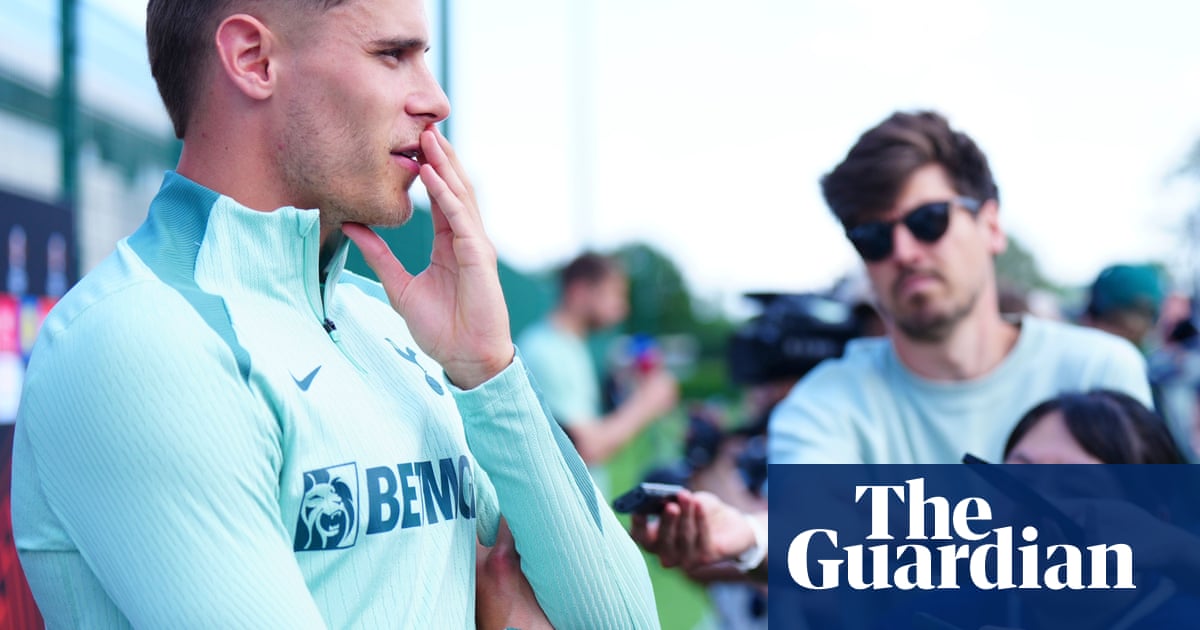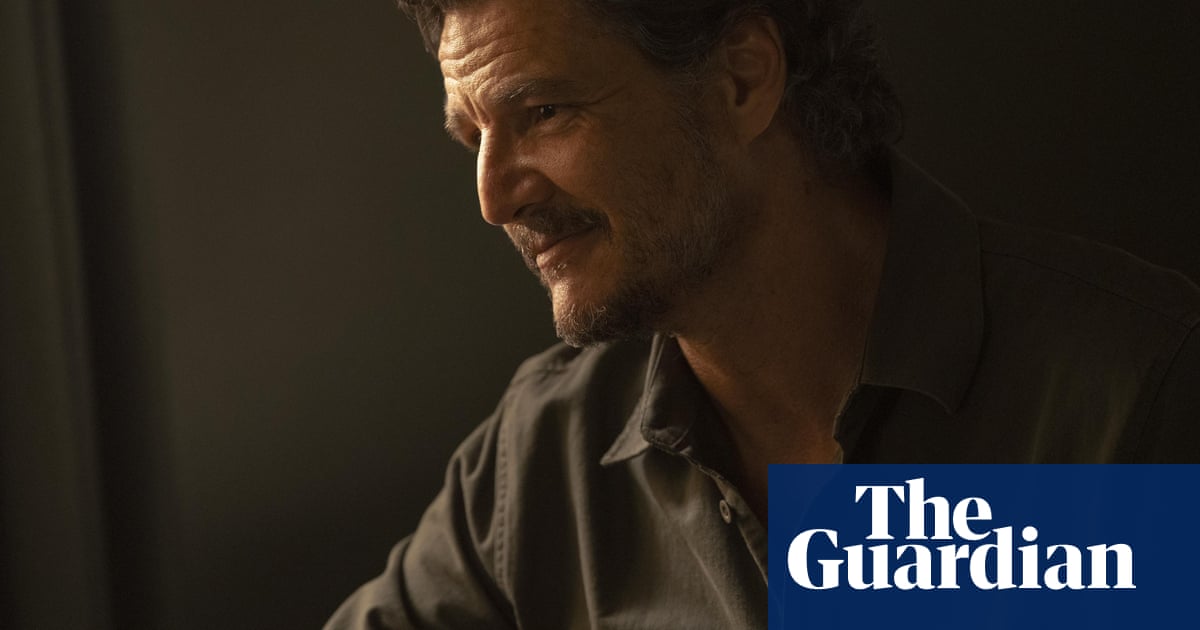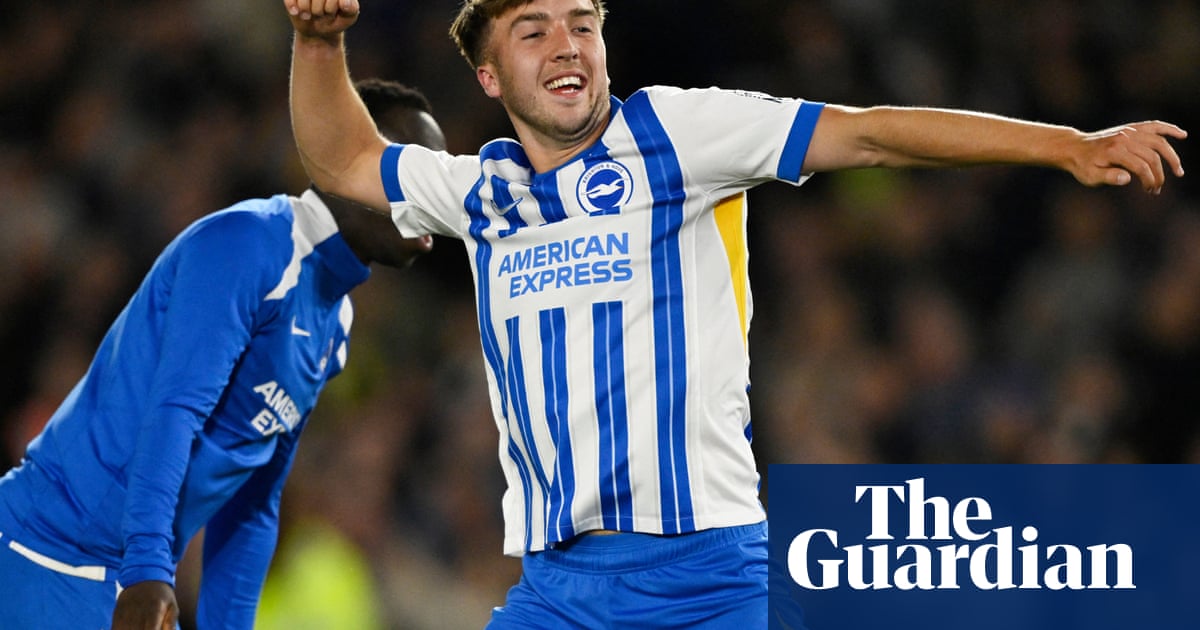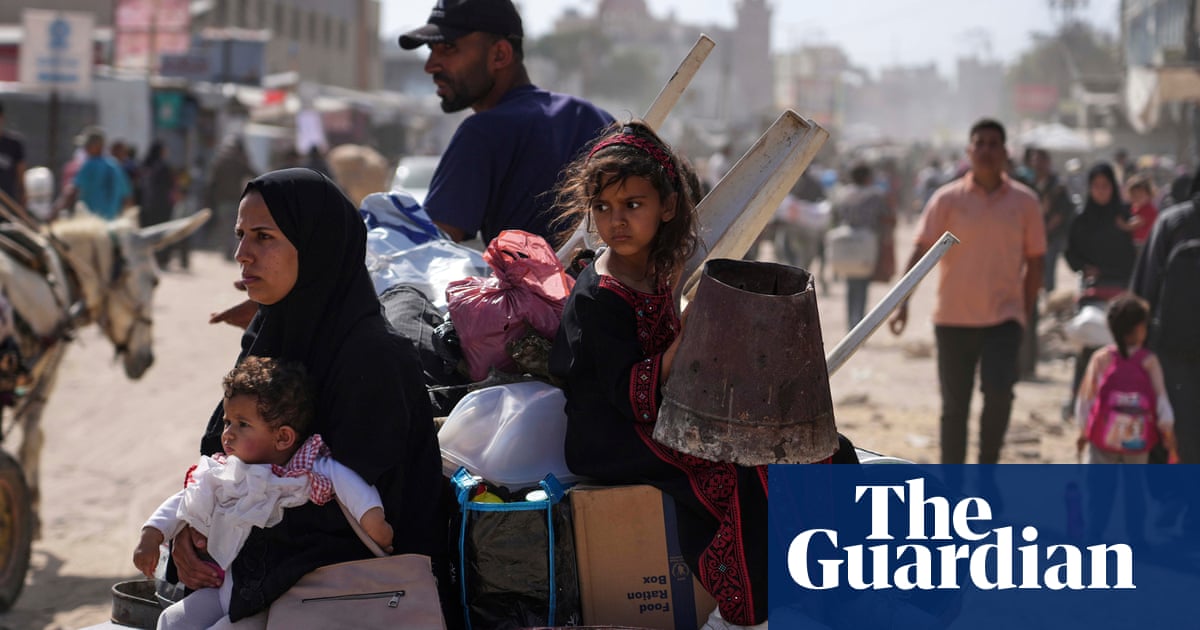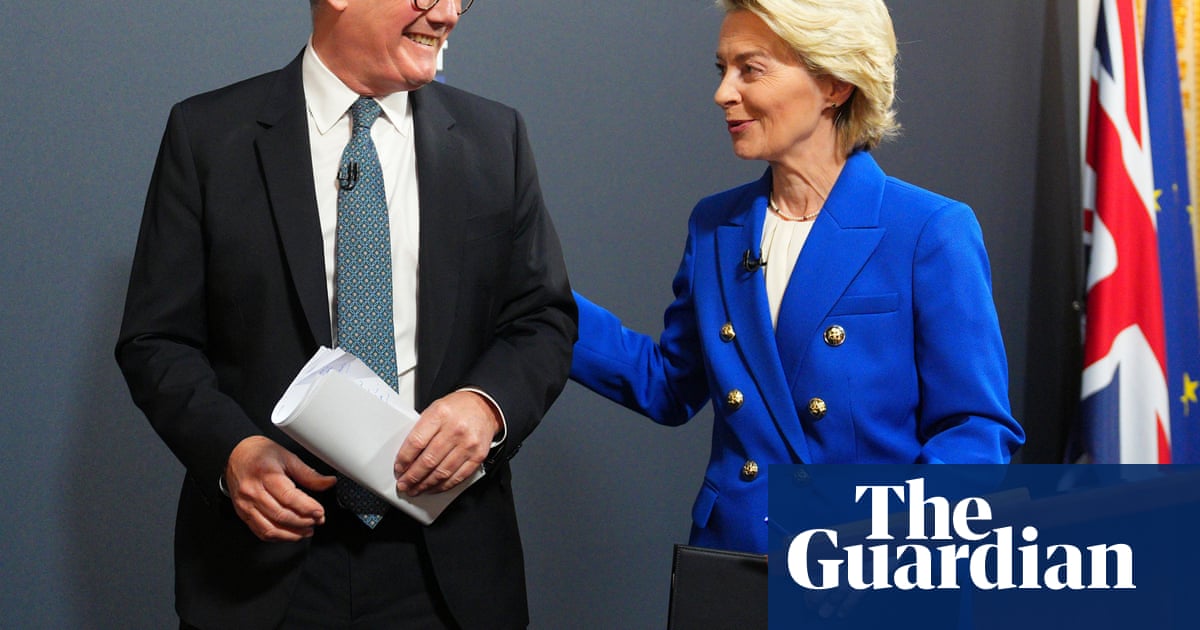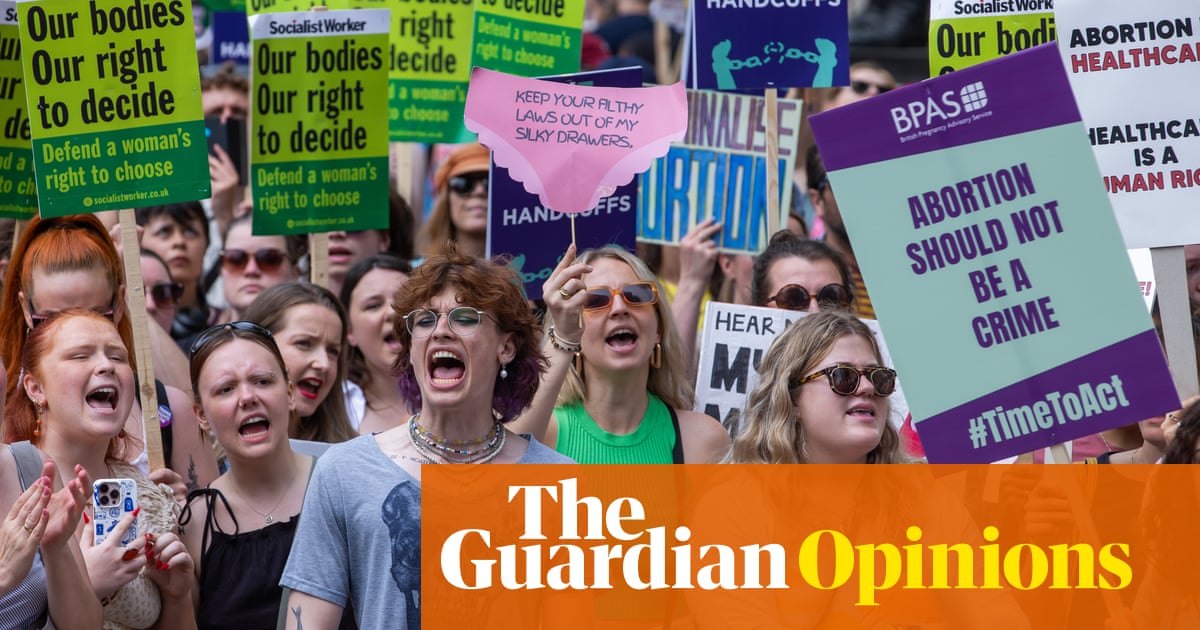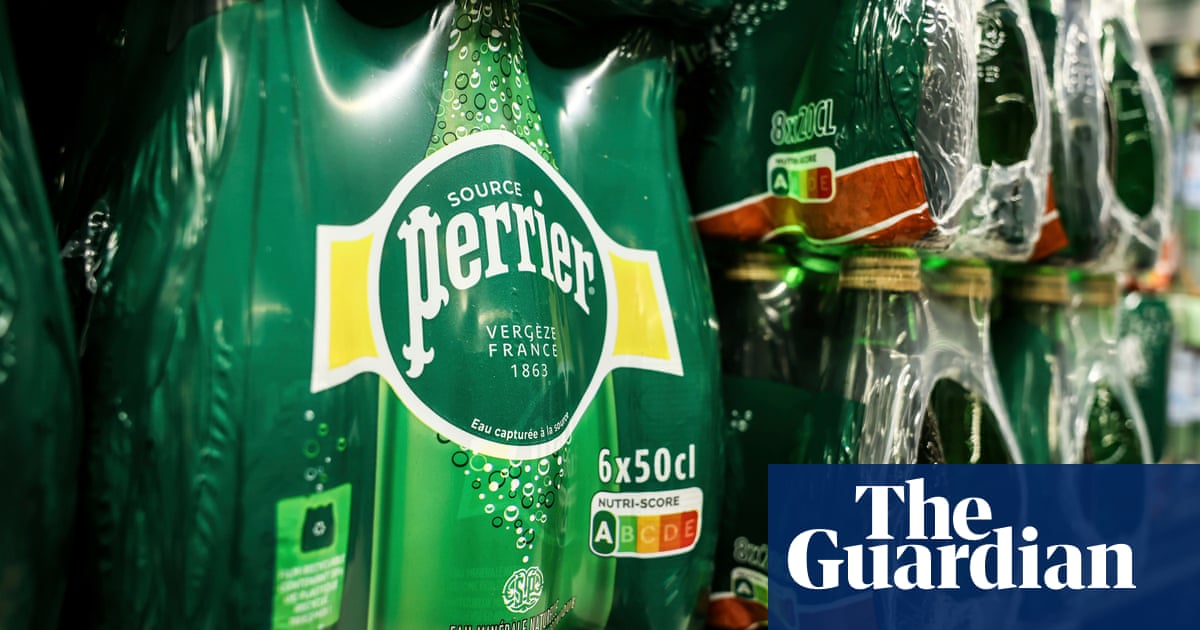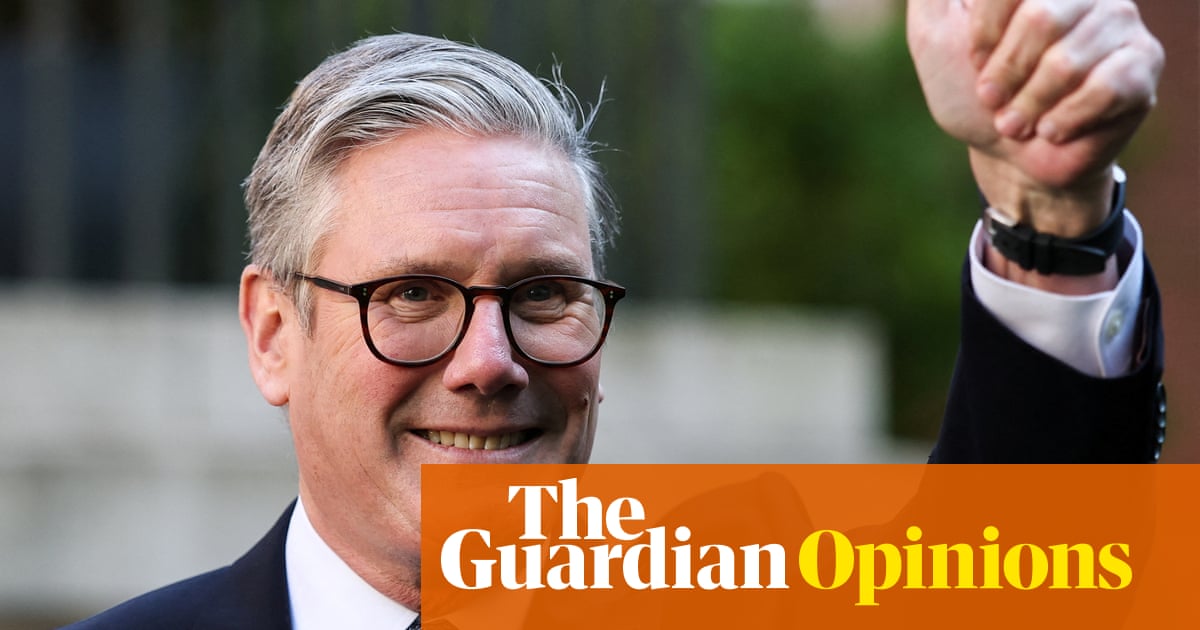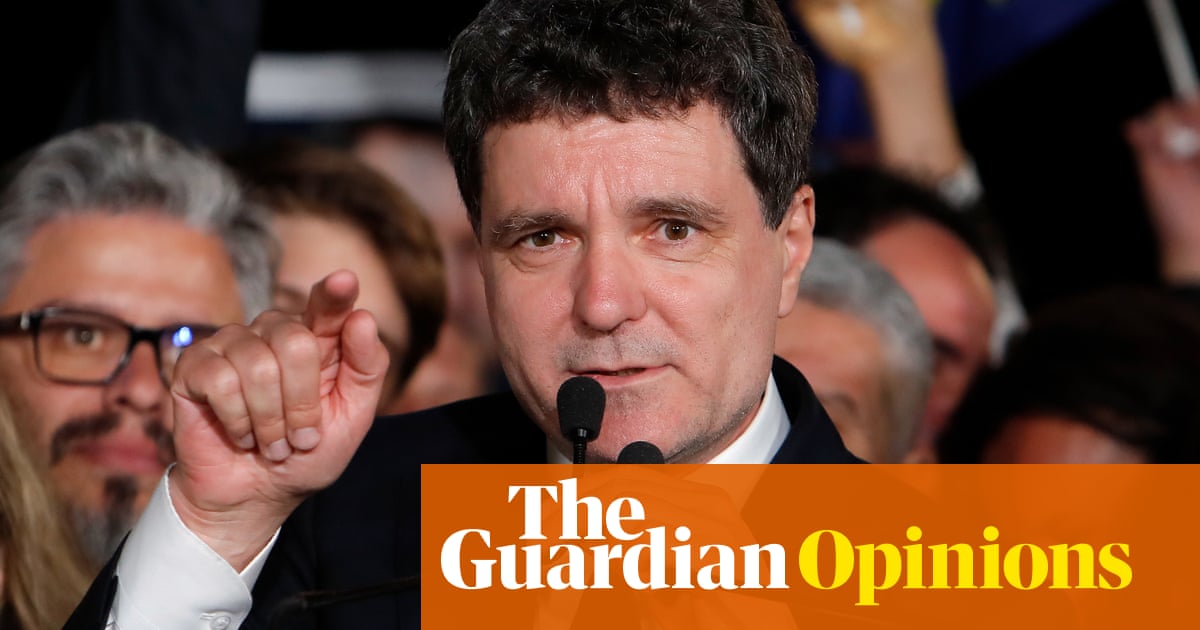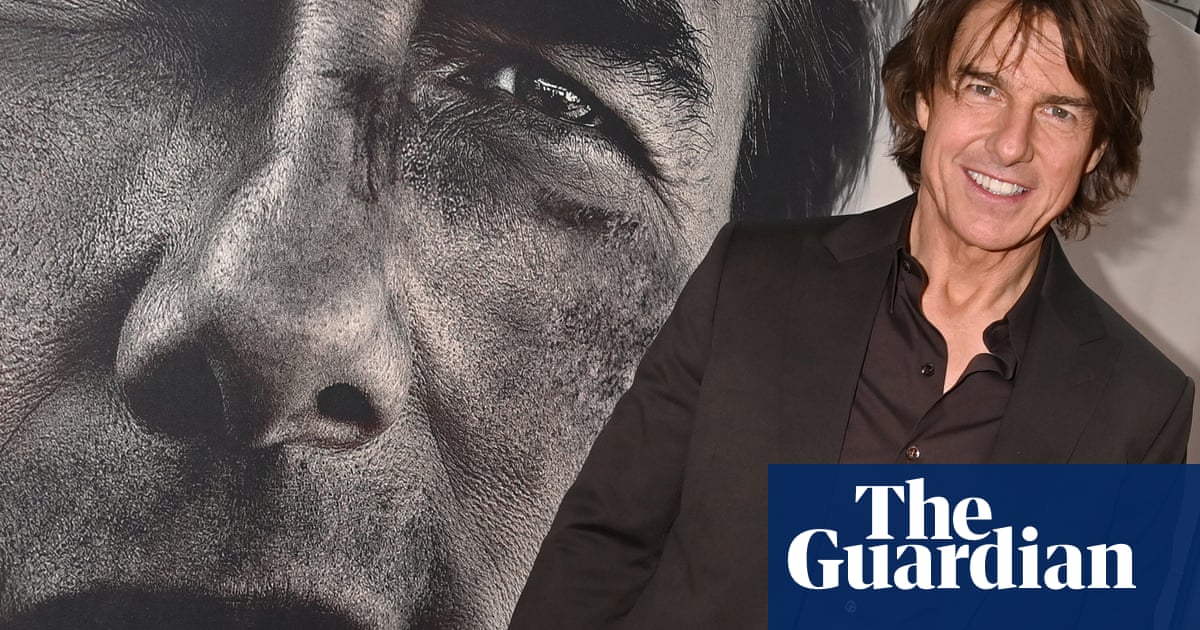For weeks, Keir Starmer had stayed tight-lipped about what he was putting on the table in his negotiations as part of the UK-EU deal, saying in line with Brussels: “Nothing is agreed until everything is agreed.”
But then just days before Monday’s summit, the prime minister appeared to make a concession and pave the way for a youth mobility scheme, telling the Times in an interview: “Youth mobility is not freedom of movement.”
People close to the talks say French officials seized this as their moment to push much harder on fishing rights, arguing for indefinite quotas rather than the four-year ones which British officials thought had been accepted. The talks lasted until about 2am on Monday morning, when the prime minister finally signed off on a deal which included 12-year-long quotas instead.
“There was a last-minute wrangle over fish which went right up to the wire on Sunday night,” said one British government source. A European official added: “The UK’s final offer had been four years, but even by Sunday night we were yet to square the circle.”
Anand Menon, the director of the UK in a Changing Europe thinktank, said: “The EU has used the fact that we were the demandeur to leverage what they have long wanted. The French will be absolutely chuffed, there is no doubt that we had to concede on that.”
It was a big last-minute concession by Starmer, but one which allowed him to stand up about 12 hours later and declare: “Britain is back on the world stage.”
Despite his best efforts to restore order to Britain’s international relations, the final 48 hours of the prime minister’s first big negotiation with Brussels ended in much the same way those of his predecessors did – with frantic phone calls and late-night concessions.
Both sides however say the trouble was worth it, bringing certainty to businesses on both sides of the Channel and reinforcing the UK’s position as a trusted external partner to the EU.
Starmer’s aim from the beginning had been to show that EU negotiations could be done differently – quietly and without what he calls “megaphone diplomacy”.
It was an approach that infuriated some. Kemi Badenoch, the Conservative leader, accused the prime minister on Monday of conducting “secret negotiations away from parliament, the media and the public”.
But British officials say that this veil of secrecy was essential to agreeing such a complex deal which could have tripped on any one detail, and nearly did so at the 11th hour.
But if Starmer’s public position was emollient, behind the scenes, negotiators say the UK was demanding a lot from its European partners.
“Britain came to these talks with 50 different demands,” said one European source. “This deal benefits everybody, but it would be wrong to suggest the UK did not get a lot of what it wanted.”
For months the detailed negotiations have been led by Nick Thomas-Symonds, the Cabinet Office minister who is close to Starmer and whose office is linked to Downing Street by a corridor at the back of Whitehall.
Others in the cabinet have taken the lead on different aspects of the deal, however, such as the foreign secretary, David Lammy, and the defence secretary, John Healey, on the defence and security pact.
Healey said: “Back in July, you didn’t have the UK leading the coalition of the willing [in support of Ukraine]. You didn’t have the Trinity House agreement [between Britain and Germany]. You didn’t have the prospect of an EU-UK defence agreement. All things are part of strengthening British security.”
The harder elements to agree however were on a future youth mobility scheme as well as how long both the agricultural trade pact and the fishing deal should last.
The UK ideally wanted a one-year fishing agreement and an indefinite agricultural one. Officials thought they could secure such a deal by offering up a youth mobility scheme, which is badly wanted in many European capitals.
But when Starmer appeared to give way on the mobility scheme, it allowed the French to make a new demand: if the agricultural trade deal was to be indefinite, then the fishing quotas should be too. If one was to be time-limited, both should be.
With the two sides at a standoff, EU ambassadors met three time within five days in an effort to avert diplomatic disaster. When they met at 2.30pm on Sunday, the text was still not agreed.
Over a long and exhausting day of negotiations, officials worked until the early hours trying to untangle the last-minute disagreement. In the Cabinet Office, Thomas-Symonds and his team ordered a Nando’s takeaway while they made repeated calls to European capitals and back to Downing Street.
The cross-continental phone calls irritated some in Brussels, who felt that Britain was trying to play “divide and conquer” with European capitals much as they felt Boris Johnson had done in the past.
Also causing irritation was a press release which Downing Street issued on Saturday stating baldly: “This week, the prime minister will strike yet another deal that will deliver in the national interest of this country.”
Even as the negotiations continued, European leaders began landing in London on Sunday evening. Ursula von der Leyen, the president of the European Commission, arrived at about 7.30 – her flight having been tracked minute-by-minute by some junior British officials. Kaja Kallas, the high representative for foreign affairs, landed two hours later.
At 10.30pm, the British sent their final substantive proposals, including, crucially, the concession on fishing quotas. Even then, talks went on for another four hours as officials argued, in the words of one, “over commas”.
None of the last-minute tensions were apparent on Monday lunchtime, however, as Starmer and several of his cabinet presented the deal at a chummy press conference in central London.
The delegations had originally sat separately but at the suggestion of Maroš Šefčovič, the EU trade commissioner, they all swapped places so they could sit among each other.
“That’s what this deal is all about,” Starmer told the press conference. “Building the relationships we choose, with the partners we choose and closing deals in the national interest.”
Speaking on the BBC Radio 4 on Monday morning, Kallas had a slightly different take: “Any deal means making compromises on both sides. If both parties are not entirely happy, that means it’s a good deal.”

.png) 2 hours ago
1
2 hours ago
1
